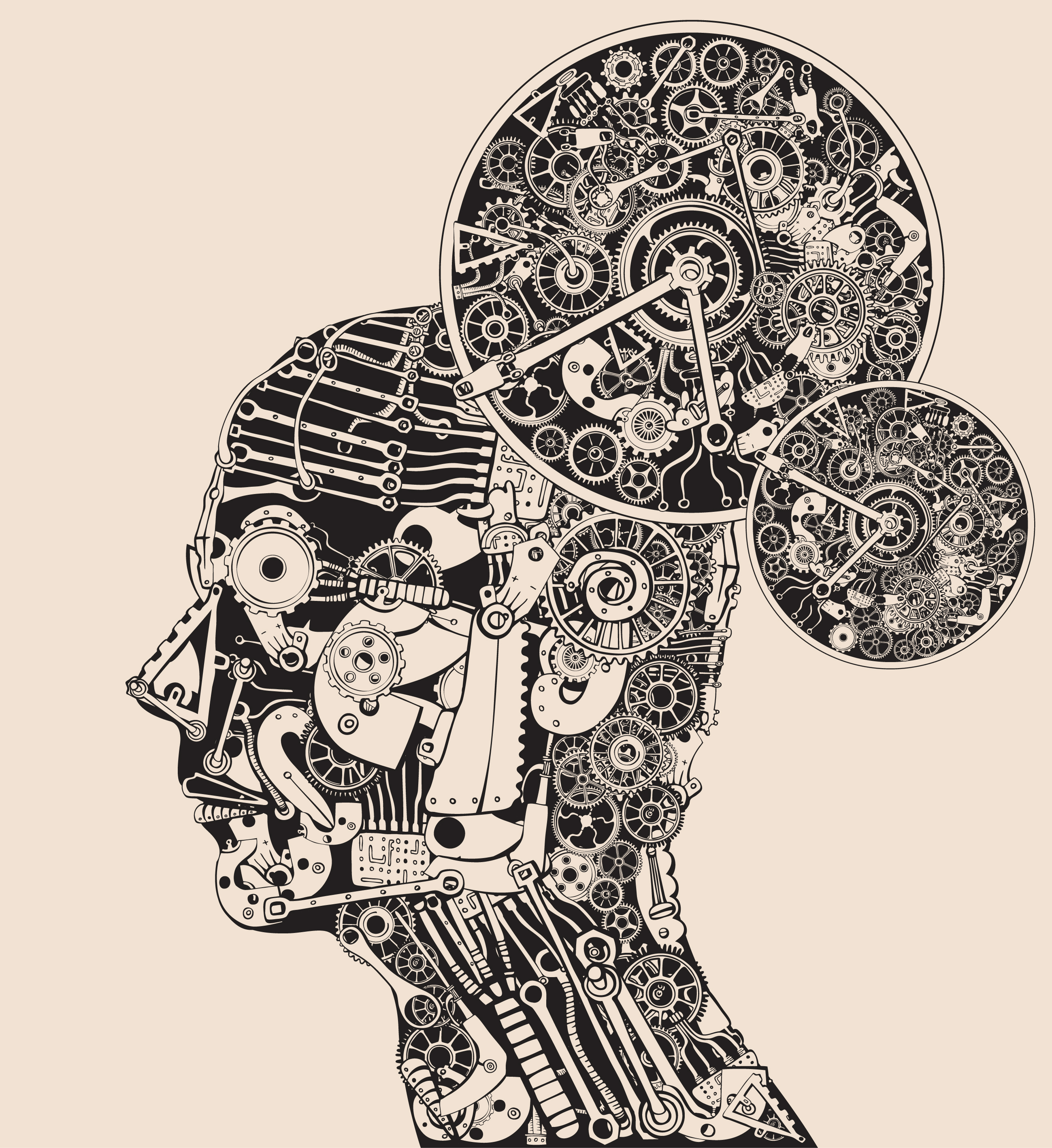Certain Neurons May Explain Why Parkinson’s Patients Can’t Properly Perceive Time
Written by |

Researchers have discovered that midbrain dopamine neurons — the neurons that die in patients with Parkinson’s disease — control how the passage of time is perceived, explaining the inability of Parkinson’s patients to properly judge time.
The study, “Midbrain dopamine neurons control judgment of time,” was published in the journal Science.
Researchers have long suspected that midbrain dopamine neurons are involved in time perception, the subjective feeling of endless hours when you’re bored, or hours disappearing in the blink of an eye during a busy day at work or when you’re having fun.
But previous studies, using drugs or genetic manipulations to test if these dopamine neurons are really involved in the judgement of passing time, have often led to conclusions that do not add up. Some studies showed dopamine accelerated the perception of time, while others suggested that dopamine slows the feeling of passing time or do not affect it at all.
Researchers at the Champalimaud Centre for the Unknown in Portugal used a new approach in their search for answers. First, they genetically engineered mice so that their neurons started emitting fluorescent light when active.
The mice were then trained over several months for a task where they were to distinguish between a long and a short time interval between two tones. If they judged the interval to be long, they stuck their snout in a hole to the left; if short, they chose the hole on the right. And if correct, they received a reward.
Once the mice became good at the task, the team started measuring the activity in the dopamine neurons with fiber optics. And they discovered that the activity in the dopamine-producing neurons did not reflect the actual interval — it reflected the judgment of the interval.
Dopamine neurons became active when mice heard the tones. The more active the neurons, the more the mice tended to underestimate the duration of the interval. A small increase in neuronal activity instead reflected an overestimation of time.
But the team did not settle there. The activity of the dopamine neurons might have simply reflected processes emerging somewhere else. To know for sure that it was the neurons that caused the differences in time perception, they had to manipulate the neurons and observe how the response changed.
This became possible using a relatively new method called optogenetics. Using light, the team could either boost the activity of the neurons or silence them. And the result came out the same as during the observation part of the study.
“We found that if we stimulated the neurons, the mice tended to underestimate duration, and if we silenced them, they tended to overestimate it,” Joe Paton, senior author of the study, said in a news release.
“This result, together with the naturally occurring signals we observed in the previous experiments, demonstrate that the activity of these neurons was sufficient to alter the way the animals judged the passage of time.”
Although researchers can’t be certain the same system is also present in humans, Paton and his team believe it is very likely.





